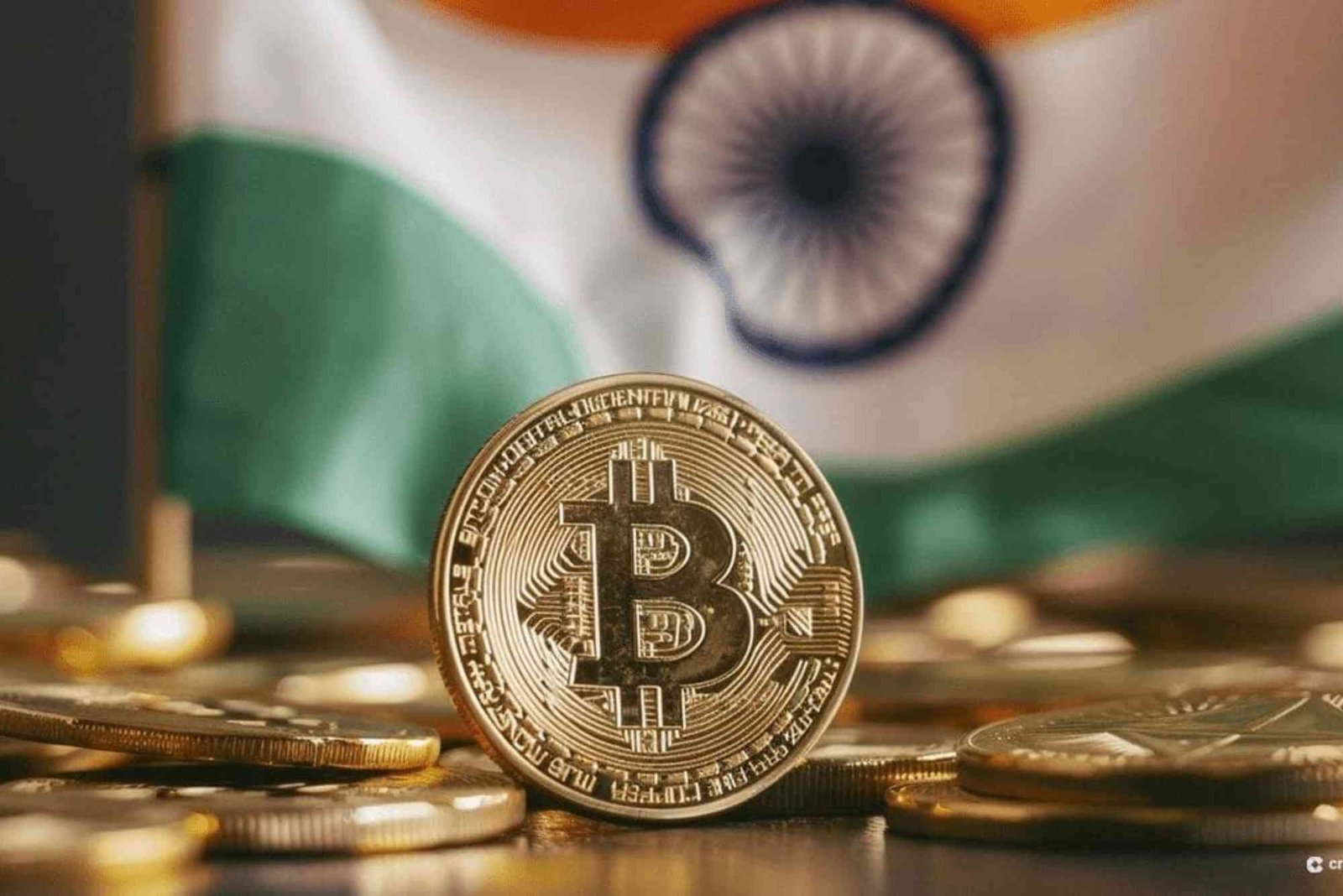Introduction
Cryptocurrency has become one of the most talked-about financial innovations in recent years. With the rise of Bitcoin, Ethereum, and many other digital assets, Indian investors are showing growing interest in participating in this decentralized economy. However, understanding how to purchase cryptocurrency in India safely and legally can be confusing for beginners.
Understanding Cryptocurrency in India
Before diving into the process, it’s essential to understand what cryptocurrency actually is. A cryptocurrency is a digital or virtual currency that uses cryptography for security. Unlike traditional money, it isn’t issued or controlled by any government or central authority. Instead, it operates on blockchain technology — a decentralized ledger that records transactions across a network of computers.
In India, cryptocurrencies are not considered legal tender, but trading them is not illegal either. The Reserve Bank of India (RBI) had once restricted banks from dealing with crypto-related businesses, but the Supreme Court of India overturned this ban in 2020. Since then, cryptocurrency trading has grown rapidly among Indians.
How To Buy Cryptocurrency India: A Step-by-Step Guide
If you are wondering how to buy cryptocurrency in India, here’s a complete breakdown of the process.
Choose a Reliable Cryptocurrency Exchange
The first step is selecting a trustworthy exchange where you can buy, sell, and store cryptocurrencies. Popular exchanges in India include WazirX, CoinDCX, ZebPay, and Unocoin. These platforms allow users to purchase digital coins using Indian Rupees (INR).
When choosing an exchange, consider factors like:
-
Security features (2FA, encryption, and cold storage)
-
User-friendly interface
-
Transaction fees
-
Variety of available cryptocurrencies
-
Customer support quality
Selecting a platform with high security and a transparent fee structure ensures your money remains safe.
Register and Complete KYC Verification
Once you choose your exchange, the next step is registration. You’ll need to create an account by providing basic details such as your name, email, and mobile number. After registration, every exchange in India requires Know Your Customer (KYC) verification to comply with government regulations.
You will have to upload documents like:
-
PAN Card
-
Aadhaar Card or Passport
-
Bank account details
After submitting the documents, verification may take a few minutes to several hours depending on the platform. Once verified, your account becomes fully operational.
Deposit Funds into Your Account
After completing KYC, you can deposit INR into your crypto wallet using various payment methods such as:
-
Bank transfer (NEFT, IMPS, RTGS)
-
UPI payment
-
Credit or debit cards (if supported)
Make sure you link your personal bank account for smooth transactions. Avoid third-party payments, as they might lead to account suspension.
Choose the Cryptocurrency You Want to Buy
Now that your account has funds, you can choose from various cryptocurrencies like Bitcoin (BTC), Ethereum (ETH), Ripple (XRP), Cardano (ADA), or Solana (SOL). Each coin has different use cases, price volatility, and long-term potential.
Before investing, research the project behind the coin, its community support, and its roadmap. Understanding your investment ensures informed decisions rather than impulsive buying.
Place Your Order
After selecting the desired cryptocurrency, you can place an order on the exchange. There are usually two types of orders:
-
Market Order: Instantly buys at the current market price.
-
Limit Order: Allows you to set a specific price at which you want to buy.
For beginners, a market order is easier since it executes immediately. Once the transaction completes, the coins will appear in your wallet within seconds.
Store Your Cryptocurrency Safely
After purchasing, you have two storage options — keeping your coins on the exchange wallet or transferring them to an external crypto wallet. While exchange wallets are convenient, they carry a higher risk of hacking.
A safer option is a hardware wallet (like Ledger or Trezor) or a software wallet with strong encryption. Always back up your wallet keys and never share them with anyone. Losing your private keys means permanently losing access to your funds.
Legal and Tax Implications in India
Many new investors ask if cryptocurrency is legal in India. As of now, trading is legal, but it’s regulated under the Income Tax Act. In the 2022 Union Budget, the Indian government introduced a 30% tax on income from virtual digital assets, including cryptocurrencies. Additionally, a 1% TDS (Tax Deducted at Source) applies to crypto transactions exceeding specific limits.
Here’s what you need to remember:
-
Report your crypto gains and losses while filing taxes.
-
Keep track of all your transactions for accurate reporting.
-
Consult a tax expert familiar with cryptocurrency laws.
Following tax rules ensures transparency and avoids future penalties.
Best Practices for Safe Crypto Investment
Even though buying crypto in India has become easy, it’s vital to stay cautious. Here are some essential safety practices:
Use Two-Factor Authentication (2FA)
Enable 2FA on your exchange account for an additional layer of security.
Avoid Sharing Private Keys
Your private keys give access to your wallet. Never share them with anyone, even if they claim to be from customer support.
Beware of Scams and Fake Exchanges
Only use verified and reputed platforms. Avoid offers that seem “too good to be true.”
Diversify Your Portfolio
Don’t invest all your money into one coin. Spreading your investments across different cryptocurrencies reduces risk.
Stay Updated
The crypto market is volatile and fast-evolving. Follow credible crypto news websites and updates to make informed decisions.
For more guides like this, visit How To Buy Cryptocurrency India to explore detailed tutorials and expert insights.
Benefits of Investing in Cryptocurrency
Investing in cryptocurrency offers several potential advantages:
-
High Returns: Many early investors have seen exponential gains.
-
Decentralization: No single authority controls your funds.
-
Global Access: You can trade or transfer crypto worldwide without intermediaries.
-
Transparency: Blockchain ensures all transactions are public and verifiable.
-
Portfolio Diversification: Crypto adds an alternative asset class to your investments.
While these benefits are significant, always remember that crypto markets are volatile. Investing only what you can afford to lose is the golden rule.
Common Mistakes to Avoid
Beginners often make errors due to excitement or misinformation. Avoid the following pitfalls:
-
Investing without research.
-
Falling for “get-rich-quick” crypto schemes.
-
Trading with borrowed money.
-
Ignoring market trends and regulations.
-
Failing to secure wallets and keys.
Learning from others’ mistakes helps you become a smarter and safer investor.
Future of Cryptocurrency in India
The future of cryptocurrency in India looks promising yet cautious. While the government works toward establishing a clear regulatory framework, millions of Indians continue to participate actively in digital asset trading. The country has also seen a rise in blockchain startups, Web3 projects, and crypto payment integrations. As technology advances, experts predict that India could become a major player in the global crypto ecosystem. However, users must remain vigilant about evolving policies and tax guidelines.
Buying cryptocurrency in India is easier today than ever before, thanks to reliable exchanges, improved regulations, and greater awareness among investors. However, it’s essential to proceed with caution, secure your investments, and stay informed about evolving legal and tax frameworks. Whether you’re a beginner or an experienced trader, understanding how to purchase cryptocurrency in India empowers you to make smart financial decisions in the digital economy.
For deeper insights, check out Related Cryptocurrency article or explore official resources on Learn more about digital innovations shaping the future.
FAQs
1. Is cryptocurrency legal in India?
Yes, buying and trading cryptocurrency is legal in India, though it is not recognized as legal tender.
2. How much money do I need to start investing in cryptocurrency?
You can start with as little as ₹100 on most exchanges.
3. Which is the best app to buy cryptocurrency in India?
Popular apps include WazirX, CoinDCX, and ZebPay, known for reliability and user-friendly interfaces.
4. Can I buy cryptocurrency without KYC in India?
No. All exchanges require KYC verification for security and regulatory compliance.
5. Is cryptocurrency taxed in India?
Yes, profits from crypto trading are taxed at 30%, and a 1% TDS applies to certain transactions.
6. Can I use cryptocurrency to buy goods or services in India?
While some online businesses accept crypto payments, mainstream acceptance is still limited.
7. What’s the safest way to store cryptocurrency?
Hardware wallets like Ledger and Trezor are the safest options for long-term storage.




